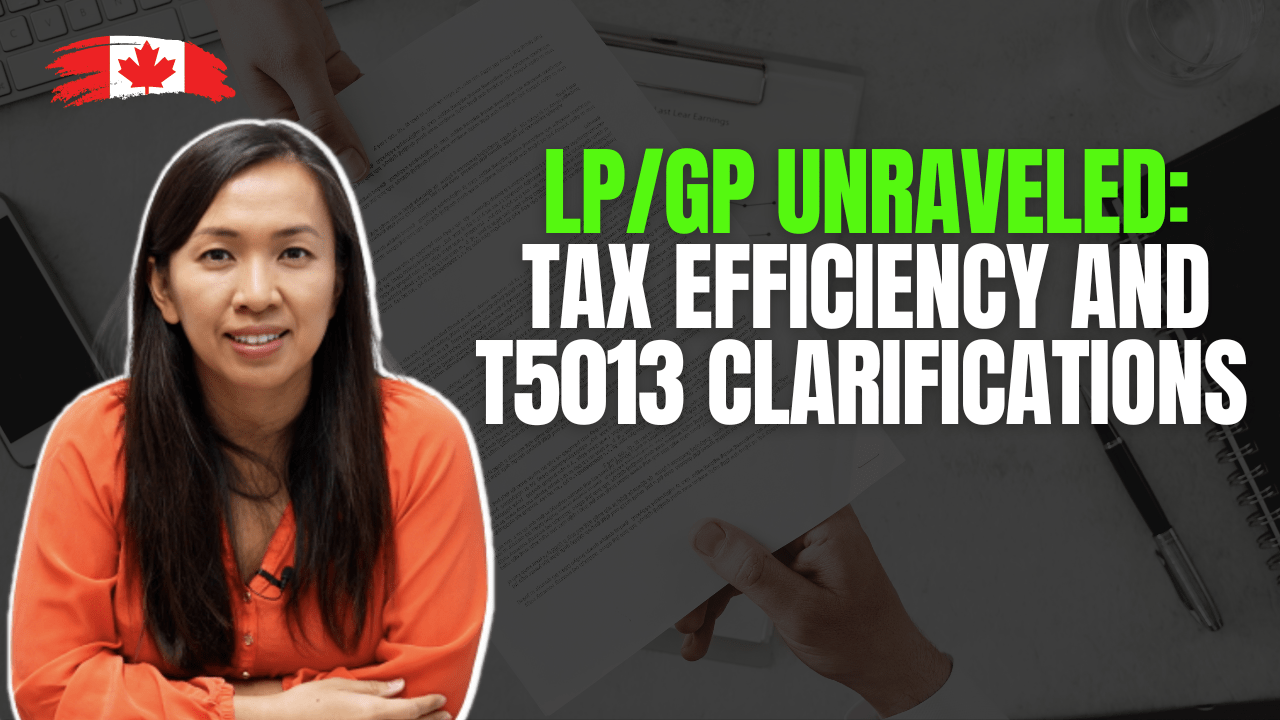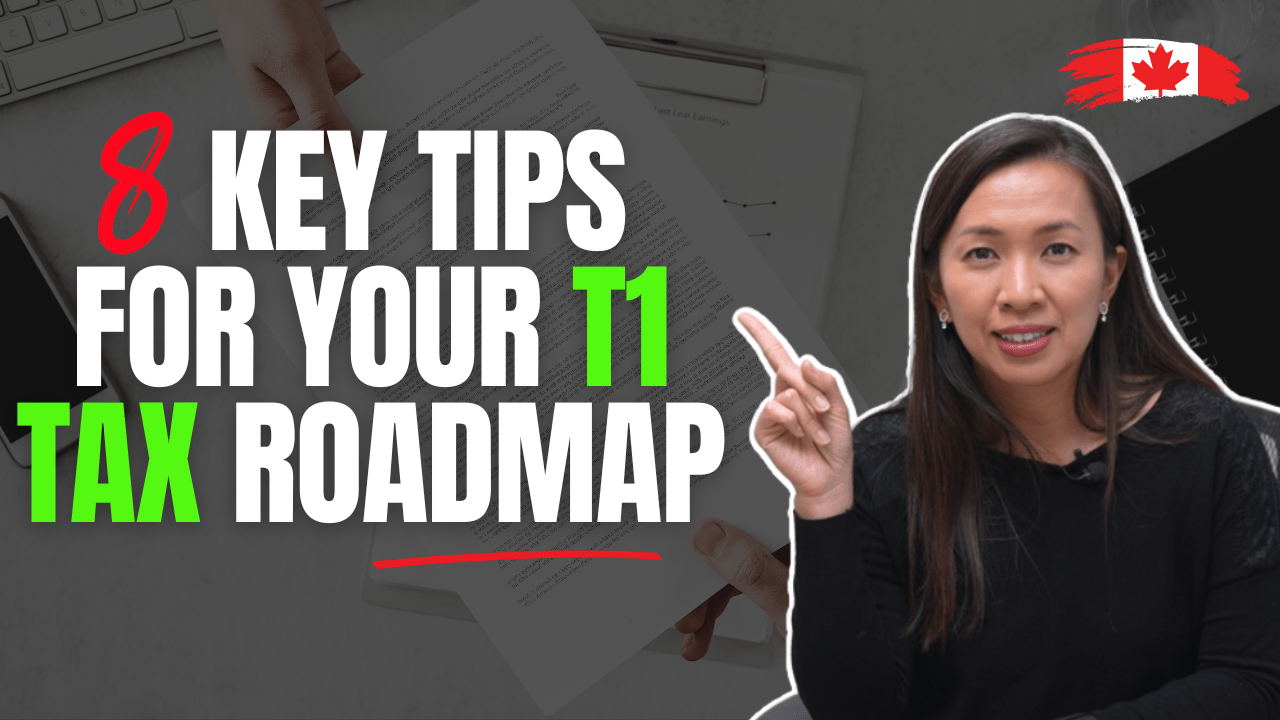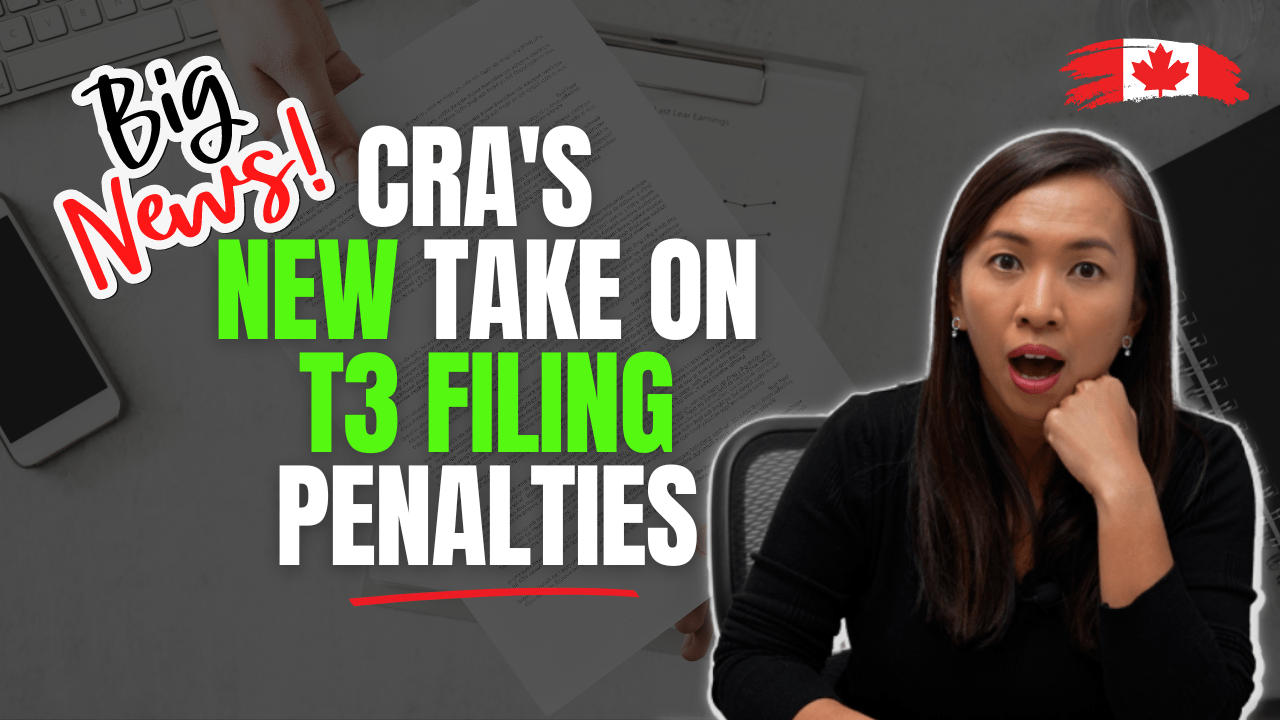Hello fellow real estate investors,
Just before the holidays, I had the opportunity to meet up with my long-time mentor, a retired partner at the biggest accounting firm in Canada. His practice is built primarily around small business. A lot of his clients were investors, some are mutual funds investors and some are real estate investors. Many of them have seen significant growth in their wealth using real estate as their investment vehicle. Small businesses looking for someone to help them with their finances may want to consider the services of a small business accountant perth to begin improving the way that they do business and deal with the monetary side of things.
We chatted about work, our children and vacation. He is now living the life of his dream.
He goes to Florida frequently, golfs all the time, and does tai chi on a daily basis.
He built his accounting practice from zero to over a million of gross billings, knowing the ins and outs of accounts receivable income and other terms and tricks of the trade.
For those of you that do not know much about how professional firms work, $200K gross billing is a decent number, $500K is considered quite successful, above and beyond $1 million solely focus on small business clients is extremely successful.
Of course, being a good student, I had to ask him for a few tips and how he achieved his success.
I also shared my stories on building my accounting practice, my market and my competition, be it those who handle mobile forensics or other specific parts of this industry. I even specifically asked him for his view on holding real estate investment in a corporation.
The number 1 factor to determine whether you should invest through a corporation is whether the investor needs the money NOW!
Many investors are under the impression that corporations can provide you limited liability. If you want to protect your personal residence or other assets that are in your own name, you should incorporate to hold your assets.
That’s true – only to a certain extent.
Always remember that the financial institutions do not like lending money to a corporation (especially a brand new one) without business income. They don’t consider rental income as business income.
More often than not, they would require personal guarantees from you. Meaning, you are personally liable for the mortgage if the corporation defaults in payments.
Say if you have a fully paid off home worth $500,000, and you also owe about $500,000 worth of mortgage within your corporation that you personally guarantee for, protection against your personal residence is limited in this limited liability structure.
Can it limit some of your other liabilities exposure? Absolutely! I am not a professional lawyer; consult your lawyer on what it can protect you from.
On the flip side, there is tax advantages that you may overlook.
If you don’t need the cash flow from the rental properties, like my previous boss, leave them in the corporation. He uses a tax free roll over election rolling real estate investments into the corporation. He got special shares back. (The tax free roll over election allows you to defer the capital gain tax you would otherwise need to pay if you were to sell the property into the corporation.)
These special shares have no controlling right of the corporation. They are preferred shares.
The preferred shares are worth the same amount of money as the properties were worth when he “rolls over” the properties, minus any loan he got in the deal. Nothing more.
His wife and his sons own the common shares, also known as the growth shares of the company. This means that that the family owns the future capital gain on the properties. We also call this in the accounting world, estate freeze. Freezing your estate at the current value, passing on the future growth to your families and kids.
The preferred shares entitle my boss to receive dividend – when he chooses to.
The common shares also entitle the wife and the sons to receive dividend – when he chooses to declare dividends.
His sons went to post secondary schools. Great! Declare dividends and pay no personal income tax.
If his wife doesn’t have any other income, declare dividends so she doesn’t pay personal income tax.
Corporation pays 20% tax roughly (after refundable dividend tax). Combined tax rate = 20%.
If you make more than $40K salary income, your marginal tax rate on your rental income is more than 20%.
Next time when you decide whether you should incorporate, ask yourself if you need the cash now!
Have a great weekend!
Until next time, happy real estate investing.
Cherry Chan, your real estate accountant





david puotinen
Income from property earned in a corporation is taxed at the highest marginal rate unless the corporation has more than 5 full time employees. I’m not sure why you would tell people to leave rental income in a corporation to be taxed at the highest marginal rate, rather than pay it out to be taxed personally at their personal marginal rates. Clearly paying a dividend in this case will not result in a combined 20% tax rate, much more like a 46% tax rate (in Ontario). You have confused concepts from an active business and a passive business. You may wish to check with some accountants whose practices focus on Real Estate, such as George Dube at BDO, or Allen Ming at Real File CPA.
Cherry Chan, the Real Estate Accountant
Appreciate your comment.
Rental income is considered passive income and hence it is taxed at the passive income rate – 46% (28% net federal tax, 6.67% additional refundable tax on investment income, which will soon be increased to 10.67% and Ontario tax rate of 11.5%).
Out of this 26 2/3% is refundable to the corporation (Section 129(1) of ITA) when a taxable dividend is issued to individual shareholders.
Therefore, the net tax payable by the corporation is 20% in Ontario.
Although complicated, this is the basic premise of refundable dividend tax on hand.
An individual who has no other income can receive $36K dividends tax free (not including Ontario Health Tax, $450).
Hopefully this will clarify your concern. Feel free to clarify this concept with any qualified accountants.